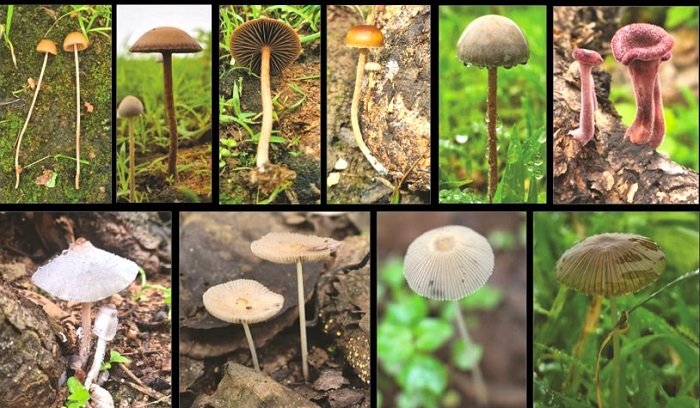The Oman Animal and Plant Genetic Resources Center, known as Mawarid, has begun the process of cultivating fungi with medicinal and nutritional properties from Dhofar Governorate. This initiative is part of the research project “Wild Fungi in the Sultanate of Oman”, which is a collaborative effort between Mawarid Center, the College of Agricultural and Marine Sciences at Sultan Qaboos University, Dhofar University, and the Agricultural and Fisheries Development Fund. The project aims to isolate fungi from their natural environments in Dhofar and transfer them to laboratories for cultivation experiments. The cultivation will take place in small incubators with specific nutritional environments and controlled conditions to encourage optimal growth.
Moza bint Mohammed Al Kharousi, the Head of the Research Facilities Department at Mawarid Center and Deputy Project Director, emphasized the importance of this research project. She explained that the success of cultivating these fungi will provide numerous benefits, such as obtaining sufficient quantities to conduct further experiments on their properties. Many of these fungi are rare in nature, making it challenging to study their medicinal and nutritional properties. Al Kharousi highlighted the significance of sustainable investment in these fungi, especially those with beneficial properties. By farming these fungi, researchers can contribute to their long-term preservation, especially given the environmental challenges they face due to climate change and overharvesting.
Al Kharousi acknowledged that the success of the farming experiments is not guaranteed from the initial attempts. Various factors must be considered to encourage the growth of these fungi under laboratory conditions, such as the types and levels of nutrients and growth elements they require. However, she expressed confidence in the project’s success through diligent work and the utilization of diverse scientific methods in the experiments. The goal is to establish a sustainable cultivation process that can help conserve these valuable fungi and unlock their potential benefits.
The Mawarid Center has already made significant discoveries through this project, including the identification of eight fungi from Dhofar Governorate that were previously unknown to the world. Additionally, the research has unveiled a wide range of fungi that have not been documented in the Sultanate of Oman and the Arabian Peninsula before. These findings highlight the importance of exploring the biodiversity of fungi in Oman and leveraging their medicinal and nutritional properties for potential applications in various industries. By cultivating these fungi, researchers can contribute to scientific knowledge and potentially develop innovative products for healthcare and nutrition.
Overall, the initiative to cultivate fungi with medicinal and nutritional properties from Dhofar Governorate represents a promising opportunity for research and innovation in Oman. The collaboration between Mawarid Center and other academic institutions demonstrates the commitment to advancing scientific knowledge and exploring the unique biodiversity of the region. Through sustainable cultivation practices, researchers can preserve these valuable organisms and uncover their hidden potential for improving human health and well-being. The success of this project will not only contribute to the field of mycology but also pave the way for future discoveries and advancements in biotechnology and agriculture.











